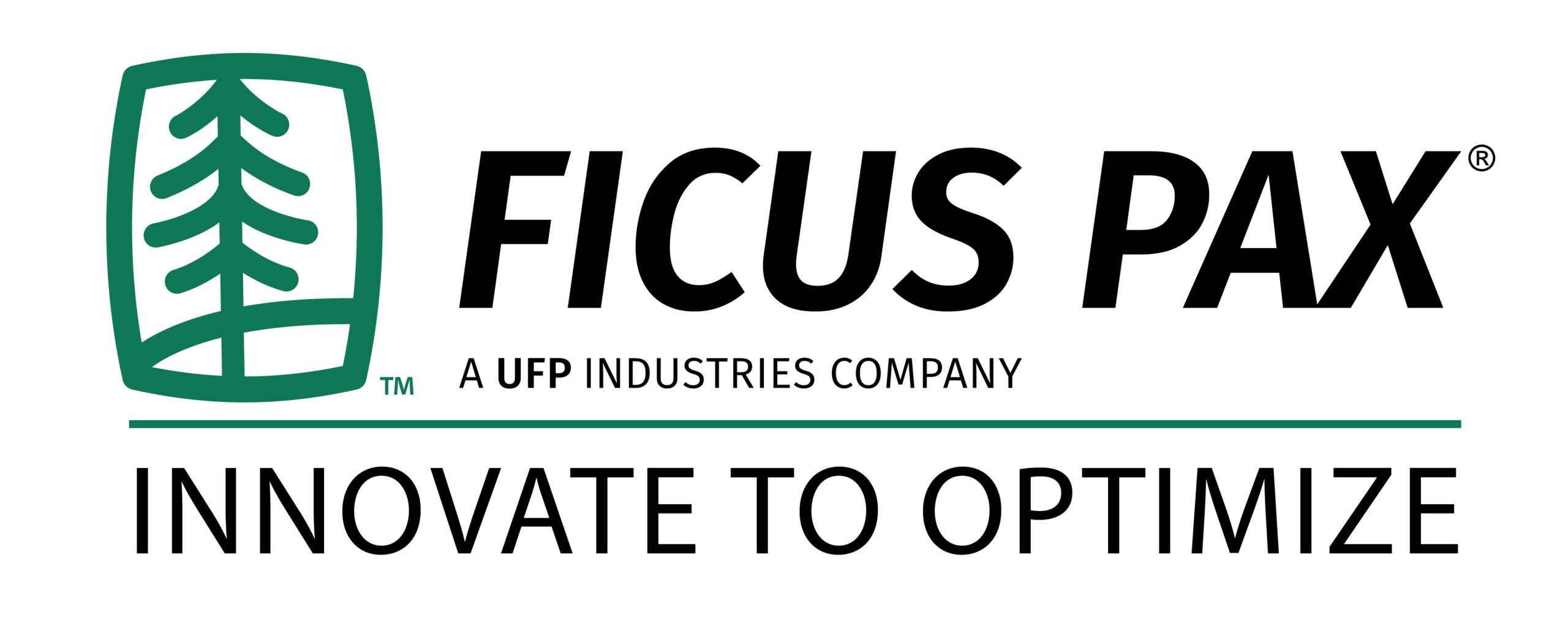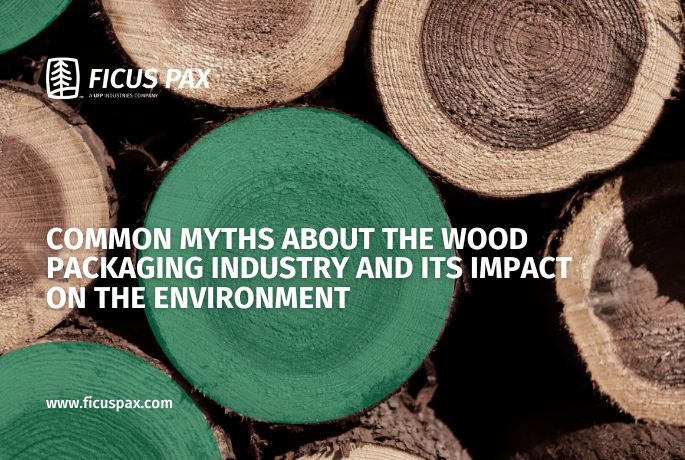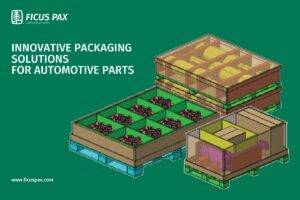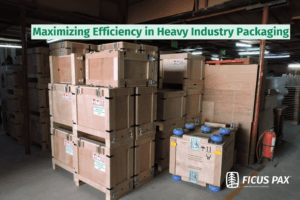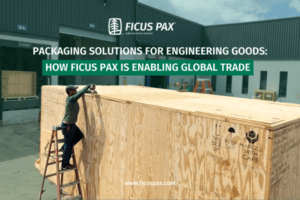What you may not know is that the industrial wood and wood packaging industries practiced good environmental stewardship long before sustainability and environmental friendliness were as important to people as they are today.
Although wooden pallets are common in various workplaces, many misconceptions continue to exist about them. You might hear people complain about the increasing carbon footprint, copious amounts of technical wood pallets in landfills, or limited usage options when speaking of technical wood pallets. We are dedicated to educating and informing anyone who might come across pallets in the workplace or their personal life. Speaking of education; you may also want to check out our blog to impress your coworkers with interesting facts about the history of the wooden pallet.
Ficus Pax feels responsible to clear up some common myths and stereotypes which exist in the industry. Keep Reading about five common misunderstandings! You will be surprised how amazing technical wood pallets are, not only for industrial but also for personal purposes.
Myth #1: Wooden packaging is bad for the environment.
Technical wood pallets, crates, and packaging are truly reusable, recyclable, and environmentally friendly.
Technical wood pallets, for example, can be reused numerous times and, if damaged, can be repaired and re-used. When wood packaging is no longer repairable, it can be ground up and used as mulch or pet bedding. Then it degrades, returns to the earth, and aids in the growth of new life.
Add to that the fact that 5,000,000 new trees are planted in the United States on average per day, and the growth of U.S. forests exceeds the amount of trees harvested by 33%. As a result, wood packaging is one of the most sustainable resources in the United States.
Myth #2: Technical Wood Pallets and Crates Fill Landfills
As previously stated, most pallets are recycled several times before they are too damaged to reuse. According to a study conducted by Virginia Tech and the USDA Forestry Service on PalletCentral, 95% of pallets are recycled or recovered into other products. Many landfills also have programmes in place to grind up wood products, which aids in their decomposition. If a pallet or crate ends up in a landfill, it will biodegrade.
Myth #3: Using wooden packaging raises your carbon footprint.
A carbon footprint is a measurement of the greenhouse gas emissions associated with a wood product’s lifespan. Pallets, crates, and other wood packaging products made from sustainable forest lumber have a negative carbon footprint because the wood stores carbon rather than releasing it into the environment. Companies that are concerned about their carbon footprint benefit from the use of wood packaging.
Myth #4: Manufacturers of wood packaging don’t care about trees.
That’s insane—we adore trees! Trees are a renewable crop that are harvested to produce a variety of wood products. In fact, for every tree that is cut down, approximately six new trees are planted in its place. According to Bugwood, at least 1.6 billion trees are planted in the United States each year, with forest product companies responsible for up to three-quarters of a billion tree plantings.
We love trees as an industry and work hard to be good stewards of our forests.
Myth #5: Trees are killed in the wood packaging industry to make pallets and crates.
Many people believe that trees are specifically cut down to make pallets, crates, and other wood packaging products. Nothing could be further from the truth. Forests are actively managed, and they are harvested only to make building materials and furniture.
The wood used to construct pallets, crates, and other wood packaging is scrap wood that cannot be used to make building materials or furniture. Trees are never felled solely for the purpose of making wood packaging.
Opportunities at hand
Finally, this is an opportunity for all of us to consider what we can do to be good environmental stewards. It’s more than just planting a tree, though that’s a good place to start. For us at Ficus Pax, it’s about doing our part to keep the industry as green as possible while also constantly striving to improve.
We create customised packaging solutions that are lightweight, durable, and environmentally friendly by utilising eco-friendly technologies and materials. Contact Ficus Pax to learn more about how we can help you with your applications.
